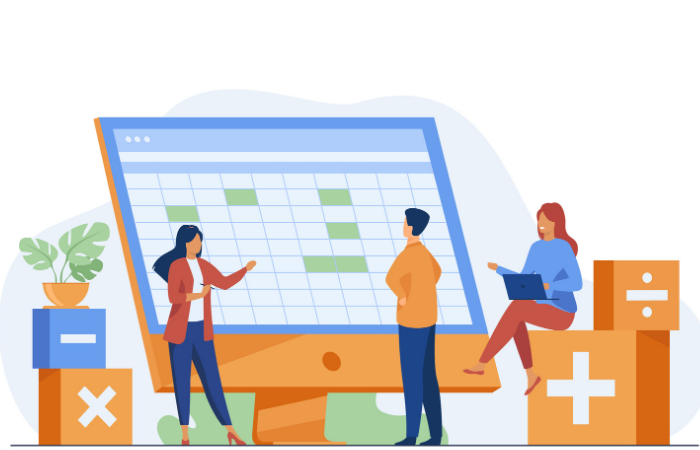Accounting for Business: Learn and understand the Accounting Terms
PARTNER: ACCA
It's natural for a business owner to work across multiple departments and juggle a wide variety of responsibilities within their business. It's true even if you have a team to delegate tasks and alleviate the pressure. Your understanding of each area is vital, not only to stay on track but to join the discussion and increase efficiency within your business.
Knowing and understanding accounting jargon is one of the key areas you will need to master. It automatically opens up the opportunity to answer financial questions posed by potential investors as well as better handling your accounting tasks.
ACCA provides an incredible selection of courses that allows business owners to develop the skills needed to understand and manage their finances.
Here, we'll provide a list of basic accounting terms you need to know, so you can break down the barriers and communicate fluently.
Assets
Assets are everything your company owns – these could be both tangible or intangible in nature and can include tools, property, land, trademark, copyright, or patents.
Liabilities
Liabilities are financial obligations that your company needs to pay in the short-term or long-term. These may include staff salaries, company credit card bills, loans, or taxes.
Expenses
Expenses are the costs incurred to provide a product or service. There are usually four types of costs that you'll need to categorize:
Fixed Expenses – These are regular expenses that your business will incur every month or every year. Some of these fixed expenses are salaries and rent, which will not be affected by fluxes in sales, inflation, production, or the market.
Variable Expenses – Variable expenses will differ depending on the business's production and performance. These variables may occur when a business needs to fill a larger order than usual so that expenses will increase during that period.
Accrued Expenses – These are single expenses that are reported but yet paid.
Operational Expenses – Operational expenses are costs necessary for a business to generate revenue, such as marketing costs, payroll, or business insurance.
Accounts Receivable
Accounts receivable is money owed to you for the goods or services you've already carried. It will be recorded in your balance sheet as a creditable asset because it's money your customer is legally obligated to pay you.
Accruals
Accruals are a summary of expenses and sales made that are yet to be processed, so you will either have a positive impact on your income statement or a negative effect on your balance sheet.
Capital
Capital, also known as 'working capital' is money you need to invest in growing your business. It's cash you can access from a bank account – not including any business assets or liabilities.
Profit
Profit is the amount of money your business has made after taking into account all expenses (such as interest, operating, and depreciation costs).
Depreciation
Depreciation is defined as the reduction in the value of an asset over time. For tax purposes, you can write-off and depreciate larger items as they impact your ability to operate your business efficiently.
GAAP
Generally Accepted Accounting Principles or GAAP is the commonly recognized guidelines for certified accounting professionals and business owners when carrying out accounting and financial reporting. Following GAAP is specifically important when trying to secure investment. It is heavily trusted and relied upon by investors when making investing decisions.
Fiscal Year
The Fiscal Year is the official period a business uses for accounting purposes. In some companies, the fiscal year may coincide with the calendar year, whilst others vary depending on when you prepare your financial statement, for example, July to June.
Burn Rate
As the name suggests, it's how fast you burn through money within your business – which is essential to understand when working out and managing your cash flow.
Equity
Equity or owner's equity is the amount of money the business owners have invested in their business. It is the difference between your assets and liabilities.
Ready to learn more and develop a full understanding of your finances? Discover courses from ACCA that are geared towards empowering you whilst giving you the skills you need to understand your money and make better financial decisions, future-proofing your business.






